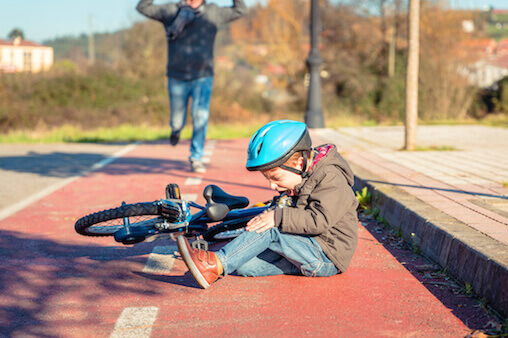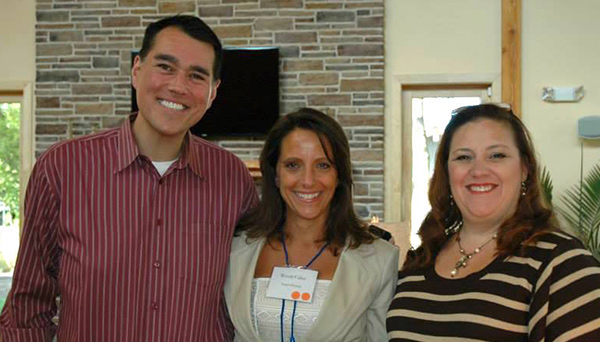The last part to our good parent mythology series ends with these last 4 points about preventing your child’s failures:
- Good parents frequently intervene on behalf of their children
- Good parents prevent failure
- Good parents do not allow suffering
- Good parents never allow their children to get hurt
Good parents frequently intervene on behalf of their children
This is now known as advocating for your child. Sounds reasonable. But here is what it really looks like: “Be sure that my son gets snack before 10:00 every morning. He gets tired if he doesn’t eat before ten.” This is the person you work with now who needs his down time mid-morning every day because he has worked uninterrupted for 45 minutes. “That boy is mean to my daughter. He shouldn’t even be at this school.” This is the person you work with who can’t seem to get along with anyone and is sure that the source of all problems are those around him. “My son doesn’t get enough play at the soccer game. Time to talk to the coach.” This is the person you work with now whose every underlying question is: “What about me? What about my feelings?” “My son said you wouldn’t let him explain what happened. He has the right to share his side of the story.” This is the co-worker who feels that every thought he has should be expressed, should be heard, and should be acted on. “My daughter doesn’t like it when you tell her that she is rude.” The problem is she is rude. Everybody knows it, but no one has the courage to be honest with you. And being rude, unfortunately, does not disappear with age like baby teeth. So what should you be saying instead? Most often you shouldn’t be saying anything at all. These are the normal little ups and downs of life that we simply may or may not take note of and then move on without comment. If it is your child who is complaining about something trivial, and most of it is trivial, your answer should be, after a moment of pause to reflect, “I feel ya’. Life is tricky sometimes. Let me know what you decide to do.” Finally, the quintessential child advocacy choice: “My child is a really special case; he is extra smart and needs be in a special school that knows how to work with gifted children.” You have fallen for the mother of all sucker bets, and your ego has gotten the best of you. Period.
Good parents prevent failure
Good parents prevent failure. This is one I think that we all sort of scam ourselves with. “I let my kids fail.” Most of us won’t even let our children get frustrated zipping their coats without intervention. The result? Adults who do not have the experience that allows them to know that failure is actually a step on the road to somewhere. Not a final destination. Nor a final devastation.
Good parents do not allow suffering
Suffering. Surely nothing good can come of this. It all depends on the event. When a child makes a blatantly destructive, selfish or mean spirited choice, let the suffering begin. There is no substitute. No work-around. A parent who intervenes in this process is raising an adult who will not readily associate her choices with the impact it has on those around her. But what about the suffering at the hands of others or fate? In this case, offer comfort, offer perspective, offer hot soup. Anything but intervention. (I am hoping we can all set aside for the sake of this essay things like abuse and agree that these are not the circumstances to which I am referring. More along the lines of, “I’m not allowed to sit with my friends.” Or “The coach never puts me in.” Statements that often end with, “It’s not fair!”) In these cases, a young soul just needs some comfort and strong encouragement to get back up on the horse.
Good parents never allow their children to get hurt
Again, let’s put aside things like allowing children to cross the highway on foot. The problem with childproofing every experience is that you later have to idiot-proof the world for these adults. Children need to learn that things that are hot burn. Things that are sharp need to be handled with care, not be avoided until puberty. Putting soap in your mouth tastes bad.
There is no way to learn to ride a bike without taking a few falls. Things you don’t know about should be approached with caution. If you climb up a tree, you had better have a plan to get back down. Kids are going to get hurt sometimes.
For some extra tips check out the insights from the Aspinall’s parenting class that addresses many of these “good-parent” myths:
*Adapted text from Mrs. Calise’s State of the School.






Leave a Comment